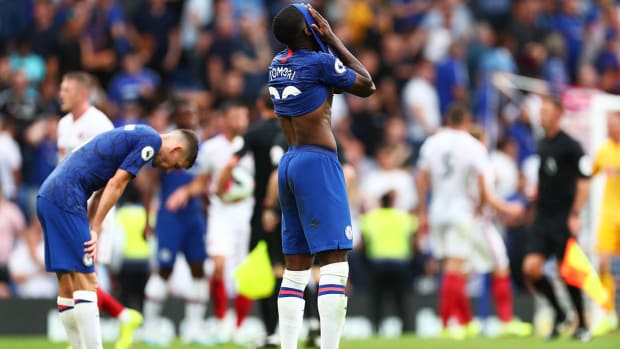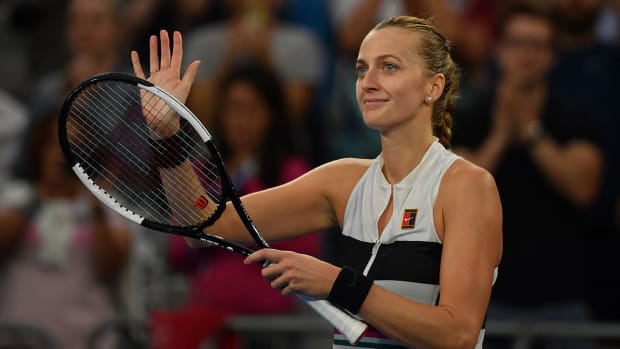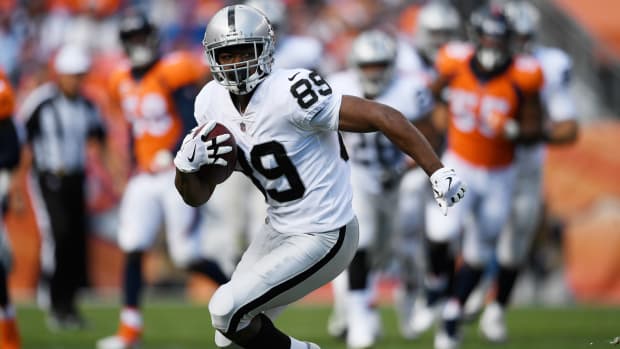Seoul: Pyongyang boycotts University Games in S. Korea
SEOUL, South Korea (AP) North Korea has scrapped plans to attend next month's University Games in South Korea to protest the opening of a U.N. human rights office in Seoul, South Korean officials said Monday.
The boycott shows that the U.N. office tasked with monitoring the North's alleged abysmal rights violations will be another source of animosity on an already tense Korean Peninsula. Pyongyang, which considers any criticism of its human rights a U.S.-led campaign to topple its government, has called the office a grave provocation and threatened unspecified retaliation.
The office, the first of its kind, is set to open Tuesday. Its creation was recommended by a landmark U.N. commission of inquiry report last year that found that North Korea's human rights situation ''exceeds all others in duration, intensity and horror.''
South Korean officials said North Korea cited the office when it told the International University Sports Federation it was backing out of the multi-sport Olympic-style games in the South Korean city of Gwangju.
North Korea also cited what it calls the hostile military confrontation between the two Koreas as another reason for its boycott of the games, a South Korean Unification Ministry official said on condition of anonymity citing office rules. North Korea regularly criticizes U.S.-South Korean military exercises as practice for a northward invasion.
North Korea boycotted the 1986 Asian Games and the 1988 Summer Olympics, both held in Seoul, but has since attended several other events in the South, including last year's Asian Games in Incheon.
The North had earlier told South Korean organizers that it wanted to send 75 athletes and 33 sports officials to the university games. The North earlier wanted to compete in eight events, including women's football, table tennis and judo, according to the statement.
Some outside analysts say North Korea uses its participation in international sports events to solidify leader Kim Jong Un's grip on power by showing domestic and international audiences the extreme devotion of its athletes and fans.
The two Koreas remain divided along the world's most heavily fortified border since the 1950-53 Korean War ended with an armistice, not a peace treaty.




